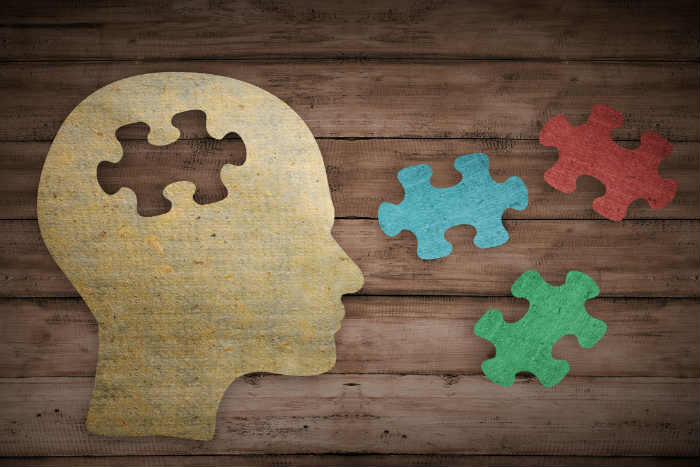











Imagine if you could have control over the workings of your mind. Innovative findings in neuroscience tell us that we can actually train our brains in ways that will have a positive impact more than we think.

Neuroscience provides evidence that our brains continue to develop and change throughout our lives. The concept of neuroplasticity suggests that we can form new neural pathways in the brain even by doing or thinking certain things. The more we reinforce and experience the thought patterns and behaviors, the more these pathways can become hardwired as habits. In other words, they become well-traveled routes if used more frequently.
Neuro-linguistic programming is based on the premise that we know more than we think and we can train our brain. Neuro references your brain; Linguistic refers to language; programming is the process in which language functions in our brain.
According to the neuro-linguistic programming paradigm, we operate through mental maps learned through sensory experiences. NLP methods help us identify and adjust what is distorted or incomplete in our mental model. Our mental models include beliefs and thoughts that determine how we experience events in our lives. Our perceptions are subjective and filter what we experience. At times, our mental models do not serve us well and can lead us to unhealthy interpretations or reactions.
NLP was developed by Richard Bandler and John Grinder, as a technique of changing thoughts and behaviors to help people achieve desired outcomes. NLP techniques have been applied to address mental health issues such as depression and PTSD as well as behaviors to enhance wellness.
NLP provides a variety of methods to change our mindset once we gain insight into it. We can learn to modify and transform our inner messages and communications to make positive changes in our lives.
These strategies put the power back in the person so one can shape and influence their personal psychology. The method can be used to address fears, bad habits, and how we experience mental health symptoms of depression.
It may sound too good to be true that we can change our brain and how we experience life situations. However, it is not a quick fix and it does require some work. In order for NLP techniques to be effective, one must allow for the possibility of change. People need to be open to doing something differently if they want different results. One key component in the NLP process involves gaining clarity about what’s possible and what people actually want to achieve.
Considering what is possible is a way for people to get into a healthy state of mind. If you are feeling stuck or depressed, consider asking yourself the following questions:
One technique involves focusing and savoring the positive experiences. Shining the flashlight on what is good and what has gone well can begin the retraining of our future orientation.
For example:
NLP techniques focus on answers, solutions, and satisfaction not dissatisfaction. They can involve a process of magnifying positive feelings and minimizing negative feelings that lead to depression. We can practice this technique by showing our brain a different way of looking at an image or memory which will then change how we feel about it and how we experience it.
Believing you can make a change, considering what else may be possible, and being willing to engage in some inner work to advance your mental models are all necessary for NLP techniques to be effective. Believing can come down to a simple choice.